TikTok Accuses Biden Administration of ‘Political Demagoguery’ in Legal Battle Against Potential US Ban
On Thursday, TikTok disclosed a letter accusing the Biden administration of engaging in “political demagoguery” during crucial negotiations between the company and the government to address concerns about its U.S. presence.
The letter, addressed to David Newman, a senior official in the Justice Department’s national security division, was sent before President Biden signed a potential TikTok ban into law.
Biggest Legal Battle in Tech
It was submitted in federal court alongside a legal brief supporting the company’s lawsuit against the measure.
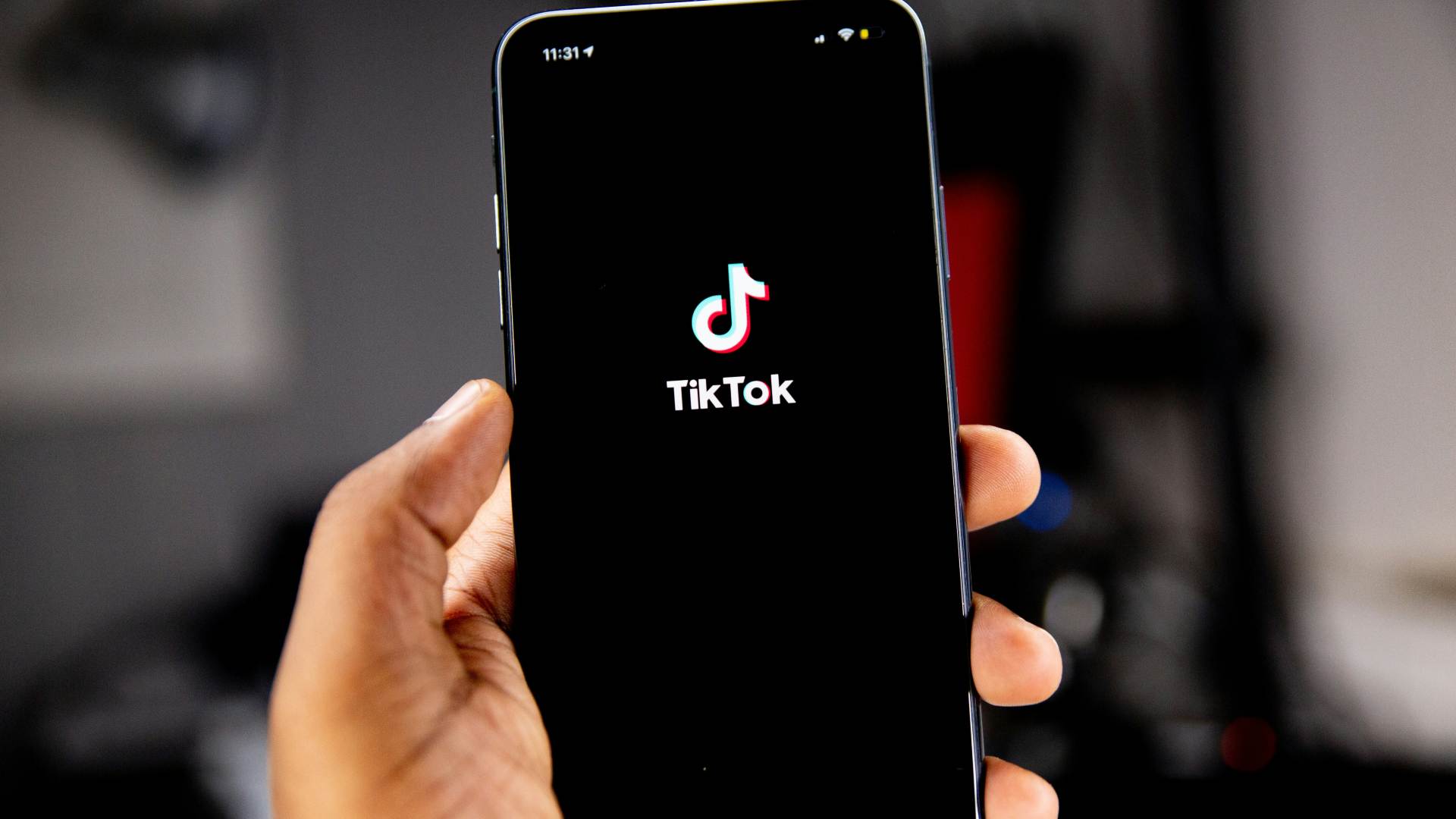
Source: Solen Feyissa/Unsplash
TikTok’s parent company, ByteDance, based in Beijing, is also a plaintiff in what is expected to be one of the biggest legal battles in tech and internet history.
Negotiations Between TikTok & CFIUS
The internal documents detail negotiations between TikTok and the Committee on Foreign Investment in the United States (CFIUS), a secretive inter-agency panel that examines corporate deals for national security concerns, spanning from January 2021 to August 2022.

Source: Solen Feyissa, Wikimedia
TikTok claims that these discussions led to a 90-page draft security agreement that would have required the company to enhance safeguards around U.S. user data and implement a “kill switch” allowing CFIUS to suspend the platform if it failed to comply with the agreement.
Substantive Negotiations Ceased
However, TikTok’s attorneys stated that the agency “ceased any substantive negotiations” after the draft was submitted in August 2022.

Source: Rawpixel.com, Freepik
CFIUS did not respond immediately to a request for comment.
National Security Consistent with the First Amendment
The Justice Department expressed its readiness to defend the recently enacted legislation, emphasizing that it addresses “critical national security concerns in a manner consistent with the First Amendment and other constitutional limitations.”
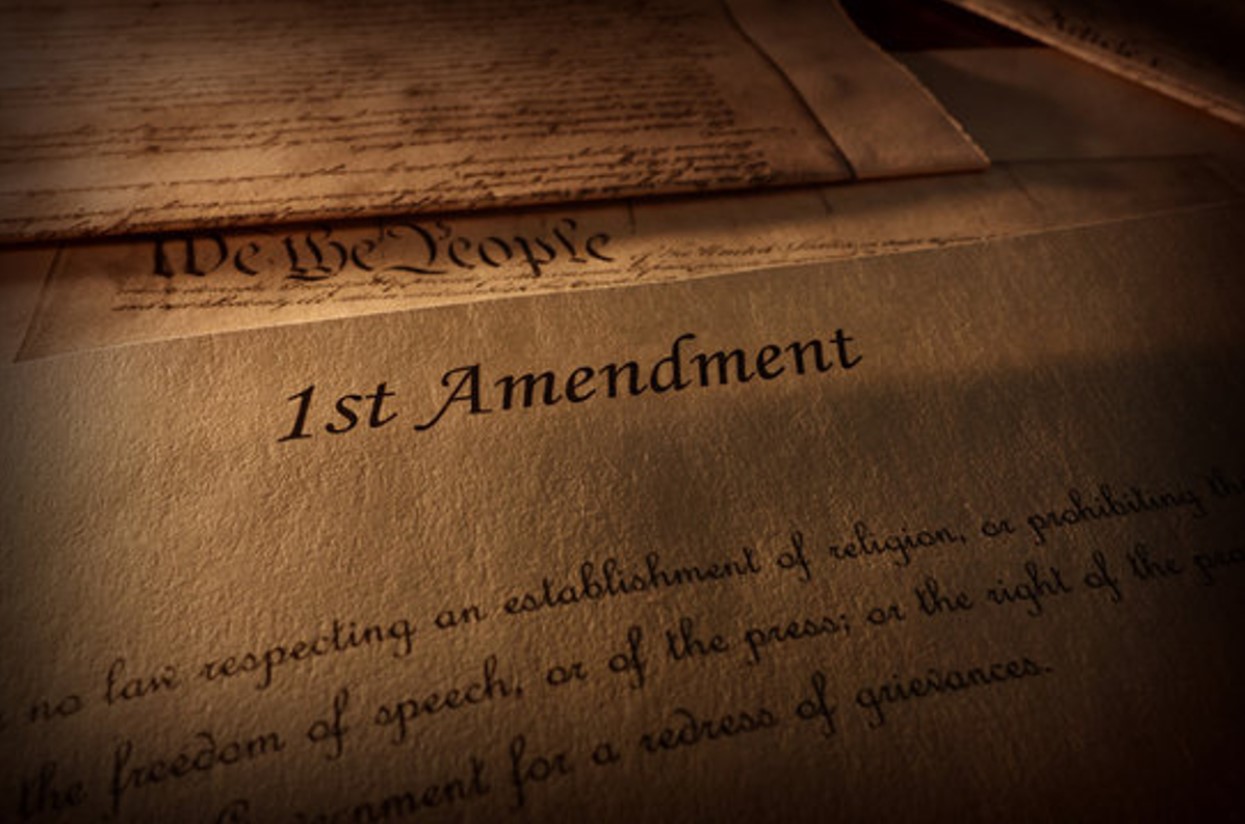
Source: Adobe Stock
“Alongside others in our intelligence community and in Congress, the Justice Department has consistently warned about the threat of autocratic nations that can weaponize technology — such as the apps and software that run on our phones — to use against us,” the statement said. “This threat is compounded when those autocratic nations require companies under their control to turn over sensitive data to the government in secret.”
Insufficient Draft Agreement
The letter to Newman also details additional meetings between TikTok and government officials, including a March 2023 call that TikTok said was arranged by Paul Rosen, the U.S. Treasury’s undersecretary for investment security.

Source: Freepik
Rosen informed TikTok that “senior government officials” found the draft agreement insufficient to address national security concerns and suggested that a solution would require ByteDance to divest TikTok and transfer the platform’s source code out of China.
Eliminates Operational Relationship with ByteDance
TikTok’s lawsuit argues that divestment is a technological impossibility.
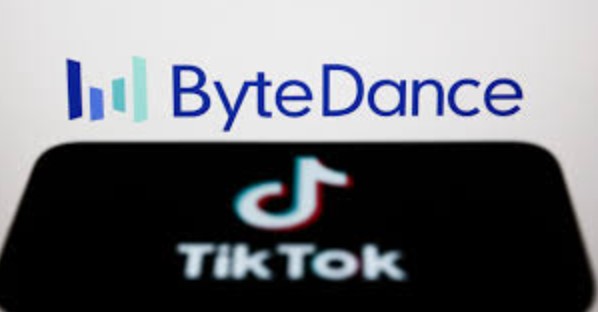
Source: Wikimedia
This is because the law mandates that TikTok’s millions of lines of code be separated from ByteDance to eliminate any “operational relationship” between the Chinese company and the new U.S. app.
“Problematic and damaging”
After a Wall Street Journal report in March 2023 indicated that CFIUS had threatened ByteDance to divest TikTok or face a ban, TikTok’s attorneys held another call with senior staff from the Justice and Treasury departments.

Source: Freepik
They criticized media leaks by government officials as “problematic and damaging.”
Further Meetings
An in-person meeting followed in May 2023 between TikTok’s attorneys, technical experts, and senior Treasury Department staff, focusing on data safety measures and TikTok’s source code.

Source: Freepik
The last meeting with CFIUS occurred in September 2023.
Addressing Concerns
In the letter to Newman, TikTok’s attorneys argue that CFIUS can effectively address government concerns only if the law, which mandates confidentiality, and regulations are followed.

Source: Freepik
Both sides must engage in good-faith discussions rather than political subterfuge in order to address the issues.
Potential Ban
The legal brief also mentions, but does not include, a one-page document the Justice Department allegedly provided to members of Congress in March.
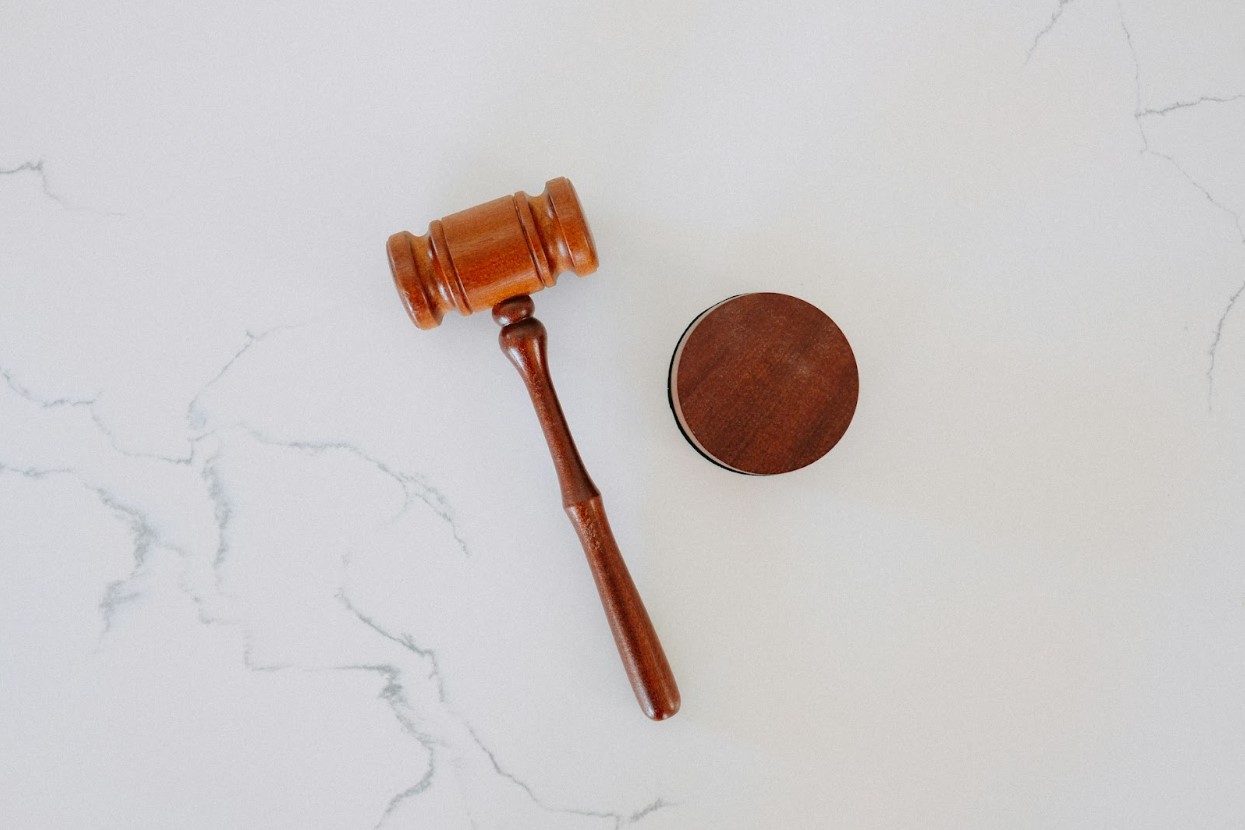
Source: Tingey Injury Law Firm/Unsplash
This happened a month before passing the federal bill requiring the platform to be sold to an approved buyer or face a ban.
Sensitive Data
TikTok’s attorneys claim the document accused TikTok of collecting sensitive data without alleging that the Chinese government had obtained such data.
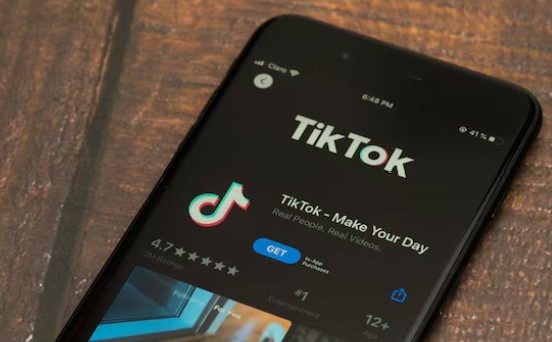
Source: Freepik
It also suggested that TikTok’s algorithm could potentially allow China to influence content on the platform without alleging that this had occurred.
